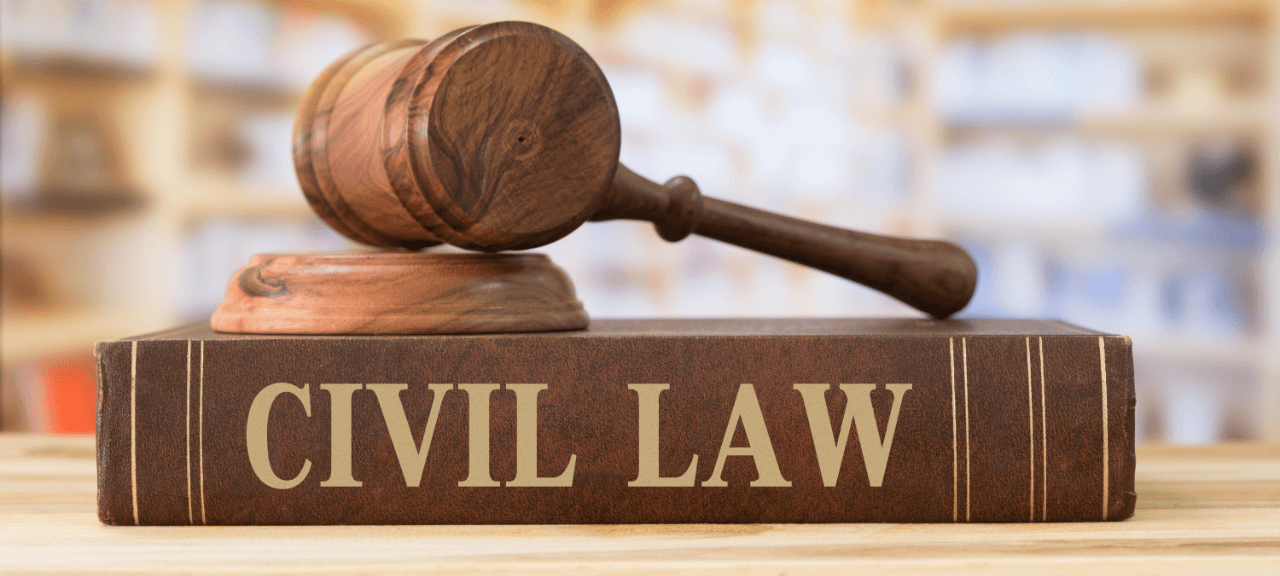The scope of information and documents from your life, open for “discovery” in a personal injury lawsuit
A “Civil” lawsuit is where one party sues the other for money; and in the context of personal injury cases, those civil lawsuits in state and federal courts are governed by state and federal rules of civil procedure that govern the “civil litigation” between the parties. More often than not, an insurance company attorney defends the suit, based on a contractual duty arising out of the contract of insurance with the at-fault insured defendant in the suit. The issue of liability is in many cases clear, where the defendant admits to violating certain safety rules within the context of what happened (such as traffic statutes in an auto wreck; or violation of a standard of care in a medical malpractice case; or violation of industry standards in manufacturing or design in a products liability case).
However, in most, if not all personal injury cases, the issue of damages is always an issue that is litigated. In particular, the South Carolina Rules of Civil Procedure and it’s close cousin, the Federal Rules of Civil Procedure and Local Federal Civil Rules of Court, outline the scope of what the parties may obtain from the other as part of their investigation of the claims being made.
Rule 26 of state and federal Rules of Civil Procedure states that a party may “discover” information and documents that are “reasonably calculated to lead to admissible evidence.” This means that even if something is not directly “relevant” to the particular facts of your case, that information can potentially lead to relevant, admissible information; and therefore, the party may obtain that information through those records or testimony under oath.
A good example is psychological information and documents, some of which is very personal, sensitive information. One of the elements of damages in a personal injury case is “mental anguish.” Serious injuries involve mental anguish due to pain, discomfort, lifestyle changes and many other factors. An insurance company defense lawyer can ask you in your under oath deposition whether you have undergone any psychological counseling, and if so, where. Following the deposition, a subpoena will be issued for your counseling records.
If you have an astute attorney, he or she will file a Motion to Quash the subpoena to allow for an in camera (court only) review of the private, sensitive documents, to allow the court to consider privately whether the documents should be made available to the insurance company attorney. Further, assuming the court allows for production of the documents, your attorney can ask that the records be considered confidential and that the records be returned to you and your attorney at the conclusion of the case; and further, if the case ends up in a trial, your attorney can file a Motion in Limine in advance of trial to have the court outline the scope of what in the records can be mentioned at trial. So while there are limits on discovery and admissibility of information, the scope of what can be obtained is fairly wide.
Family doctor records are often obtained to discover what is both in the records, and not in the records. If you are complaining of neck and back pain from an auto collision, and treating with an orthopedic doctor and physical therapist, during this period, you often go to other doctors, for example, your primary care physician (PCP), for colds or yearly physical exams. The defense attorney can subpoena your family doctor records to see if you complained to the family doctor about your neck and back pain close in time to the complaints you had to your orthopedic specialist and physical therapist. If the PCP records don’t’ contain any reference to neck or back pain on a complete yearly physical examination, then the insurance defense lawyer can argue your problems must not be that bad etc…
Social media is the big discoverable item that gets a lot of people in trouble these days. Everything you put on social media such as Facebook and Instagram can be discovered and obtained by the insurance company attorney and staff; even deleted data. So if you are seen dancing on the bow of boat on Facebook or Instagram after an auto wreck in which you are claiming substantial injuries, that could impact your credibility. A photo of you in an exotic location you travel to following an injury could be misleading. Jurors can be lead to believe that your injuries are not that serious if you were able to travel to foreign countries and tour around. Of course, you will explain the pain and discomfort it caused you; but still, it’s an effective way of impeaching the credibility of your claims.
The scope of what is discoverable by insurance defense attorneys depends on the facts of each case; but suffice it to say that the standard for obtaining information and documents that are “reasonably calculated to lead to the discovery of admissible information” is a very broad standard. Tell your attorney everything that is out there that could be related to your claims, so that he or she can plan and be prepared to counter an overly broad request, or deal with the information by way of legal motions, to prevent irrelevant or overly prejudicial evidence from making it into a courtroom if your case is tried before a jury.








